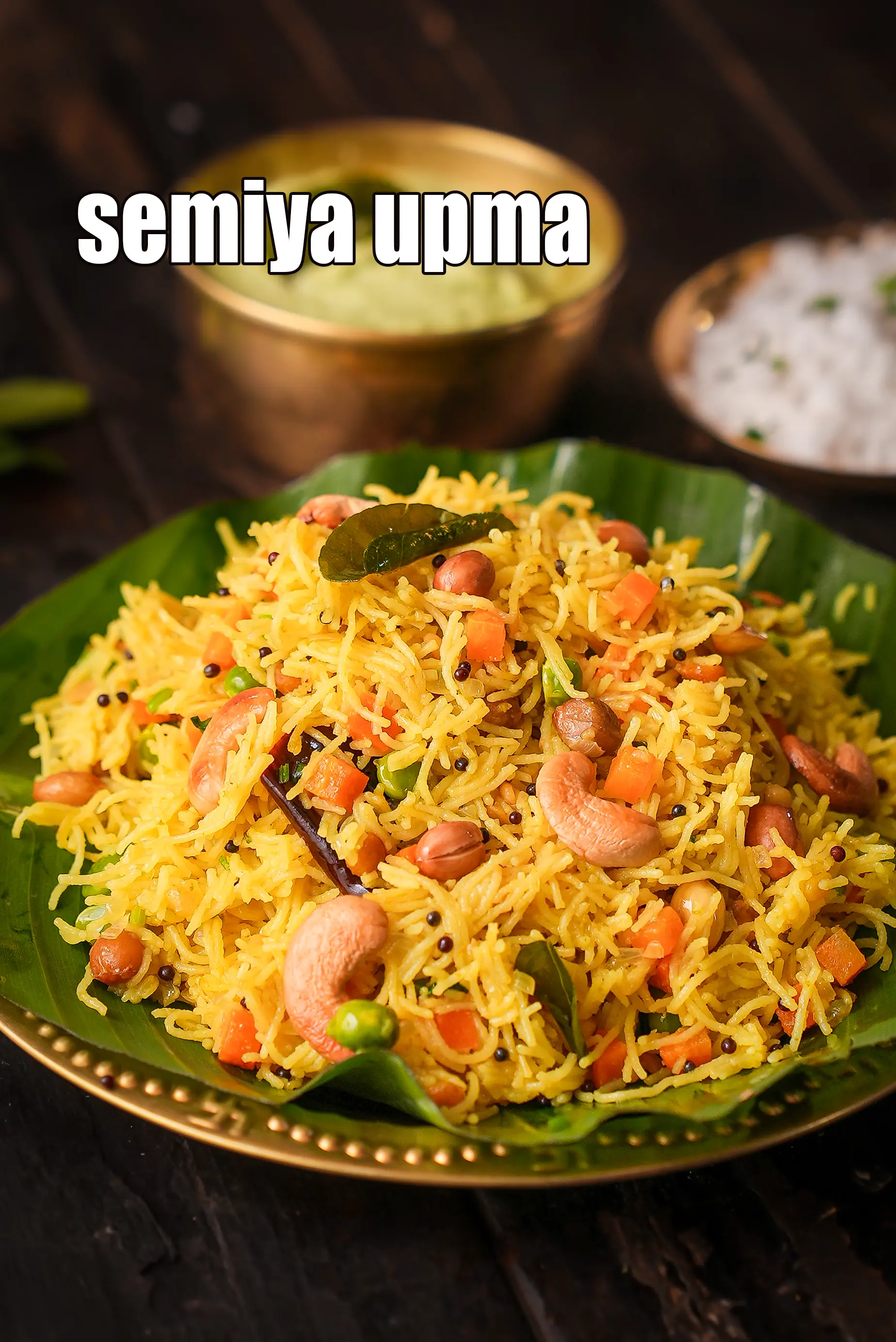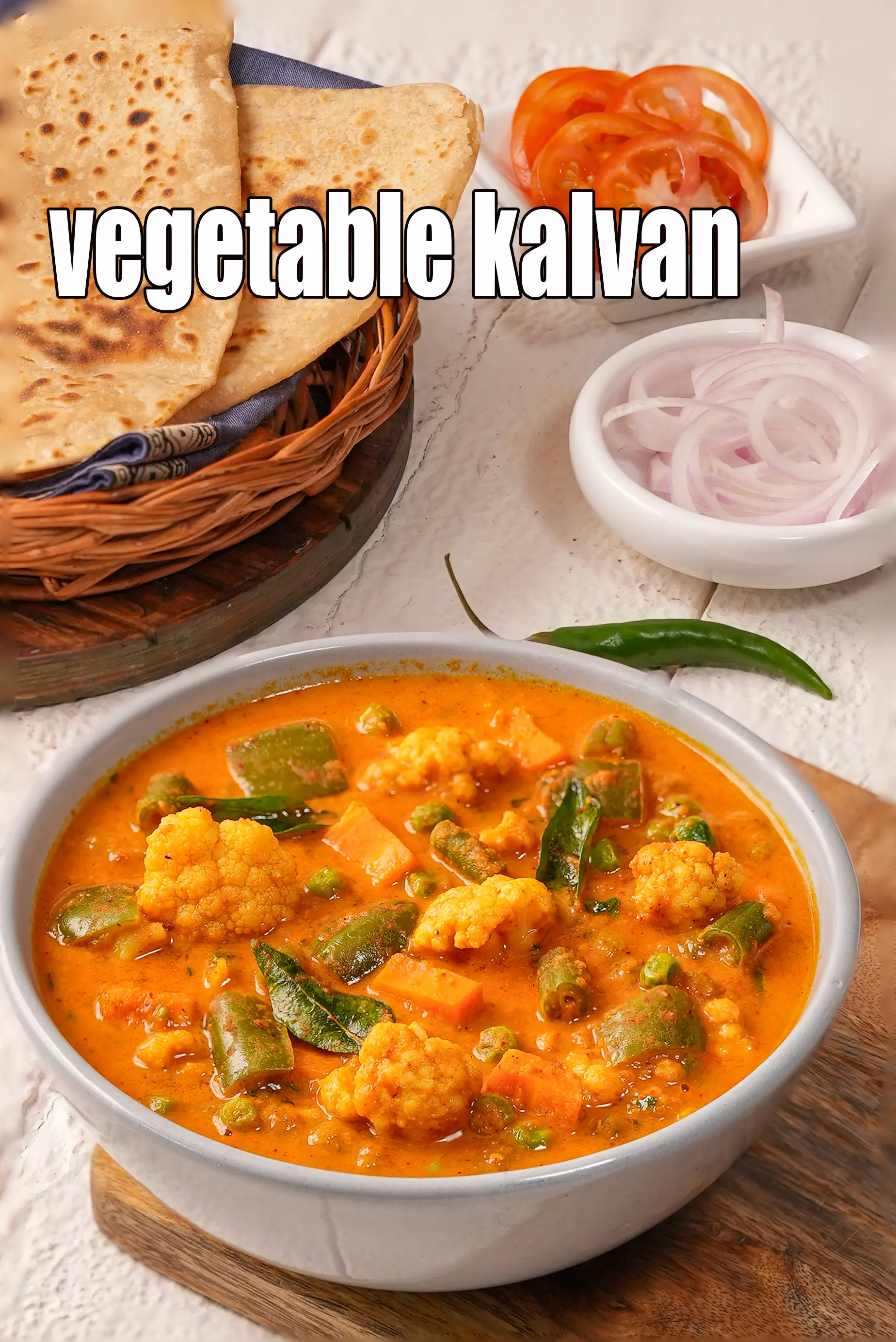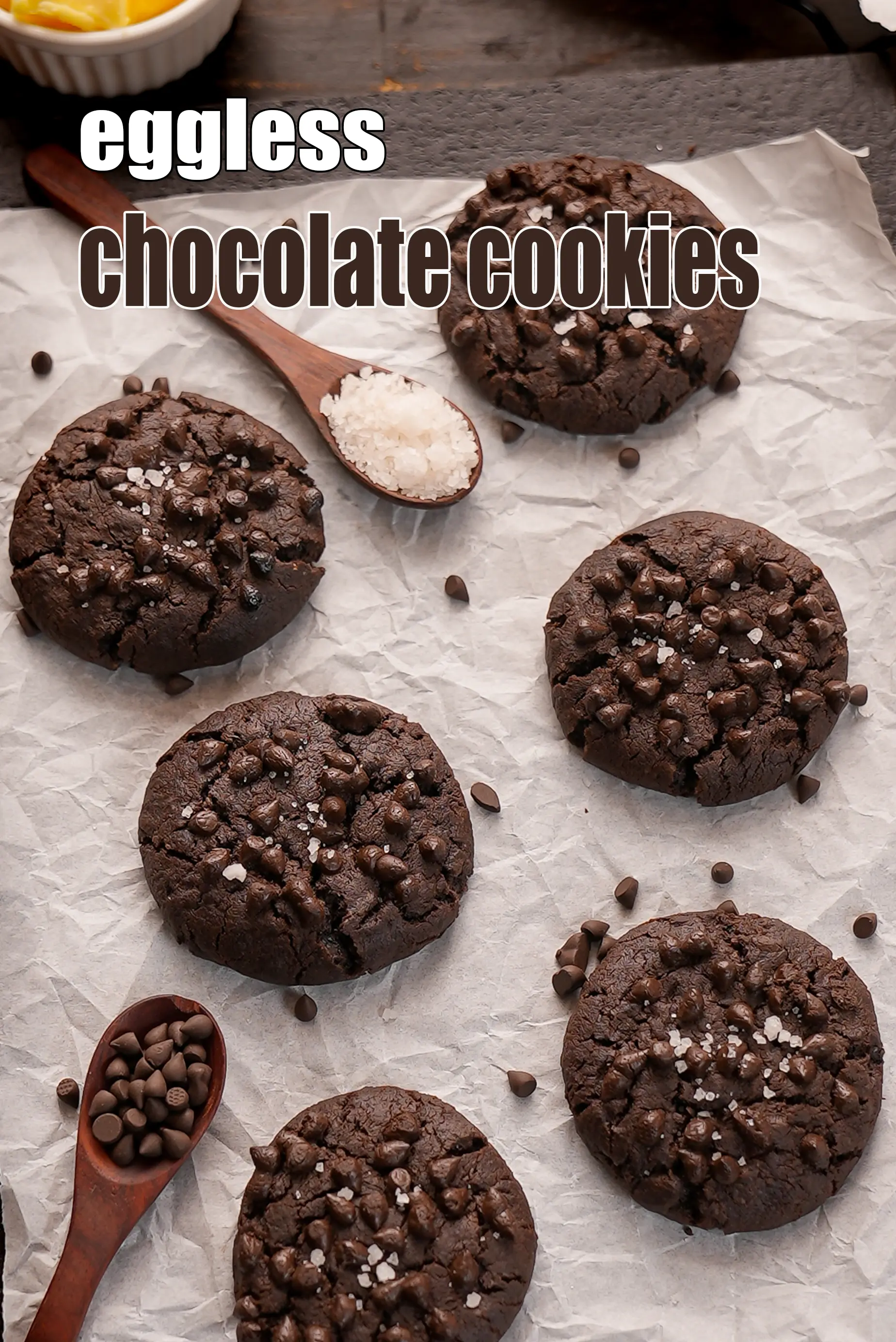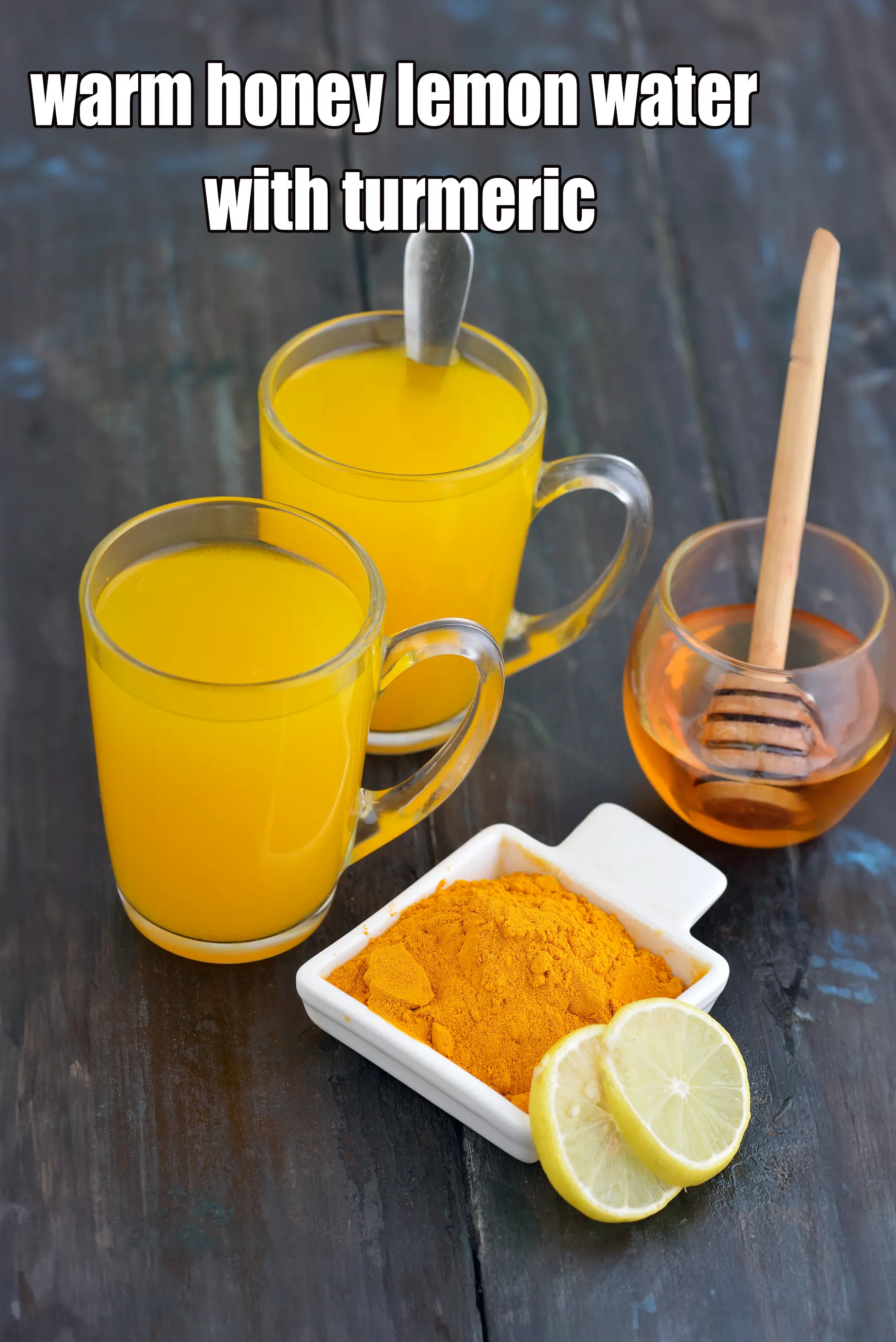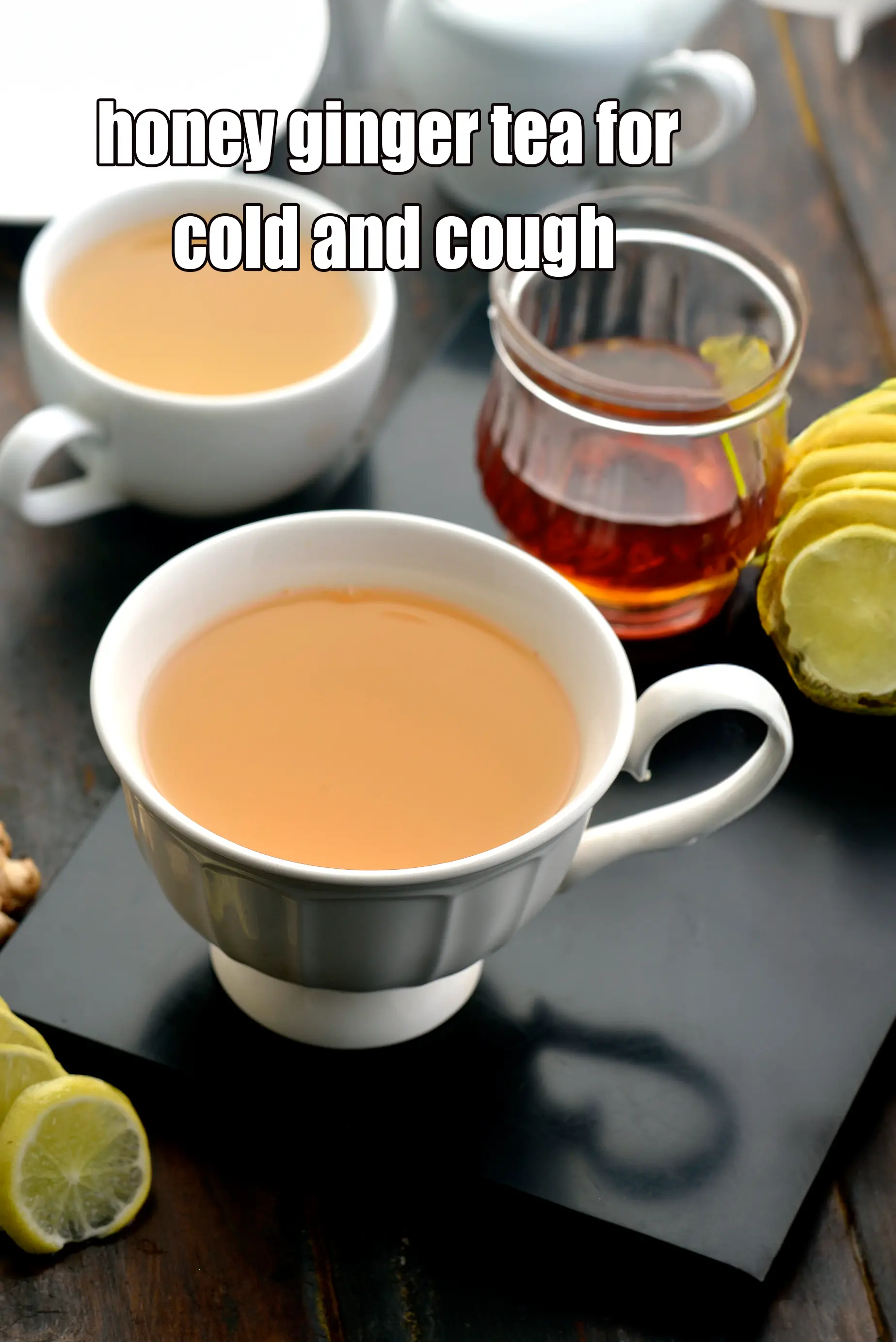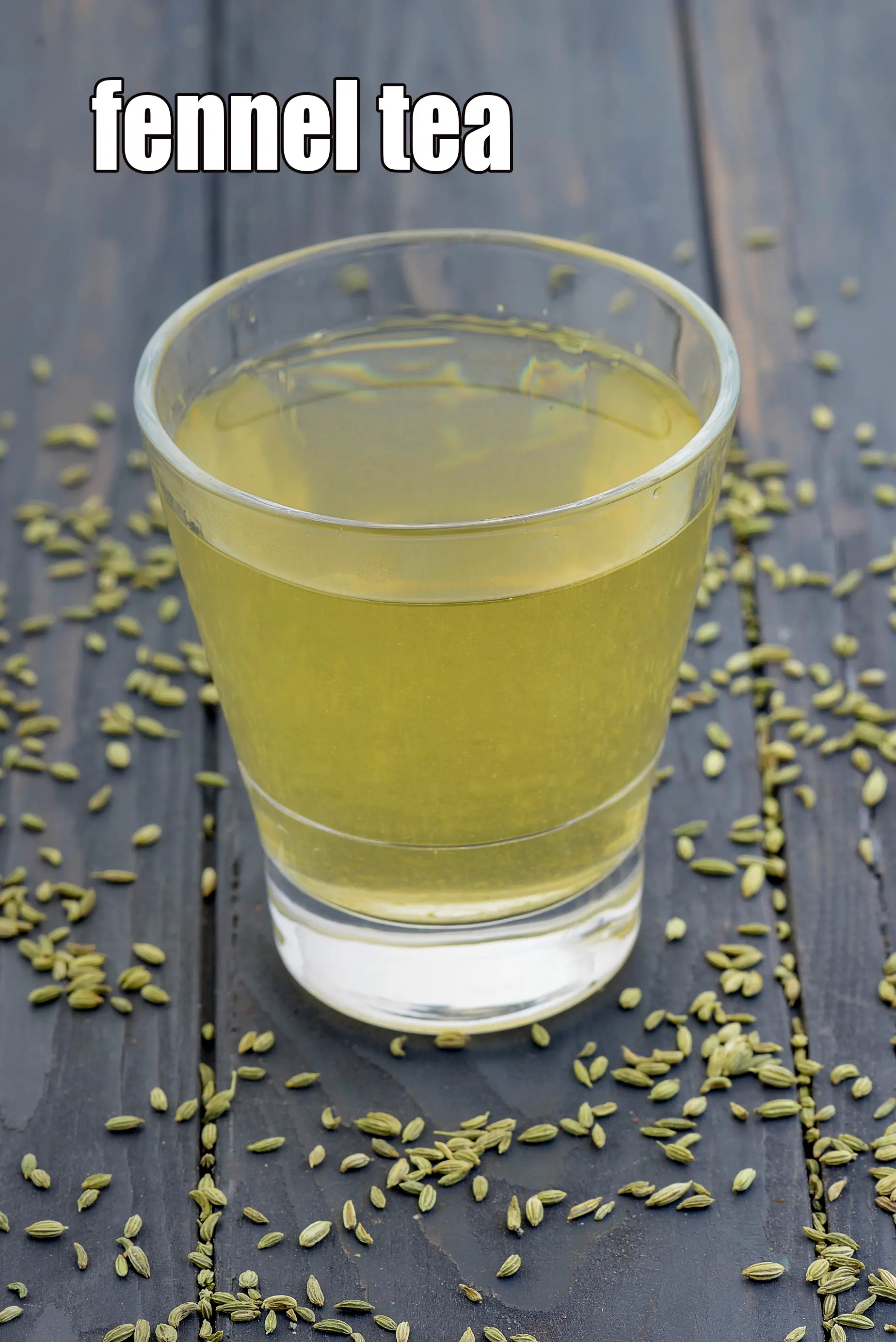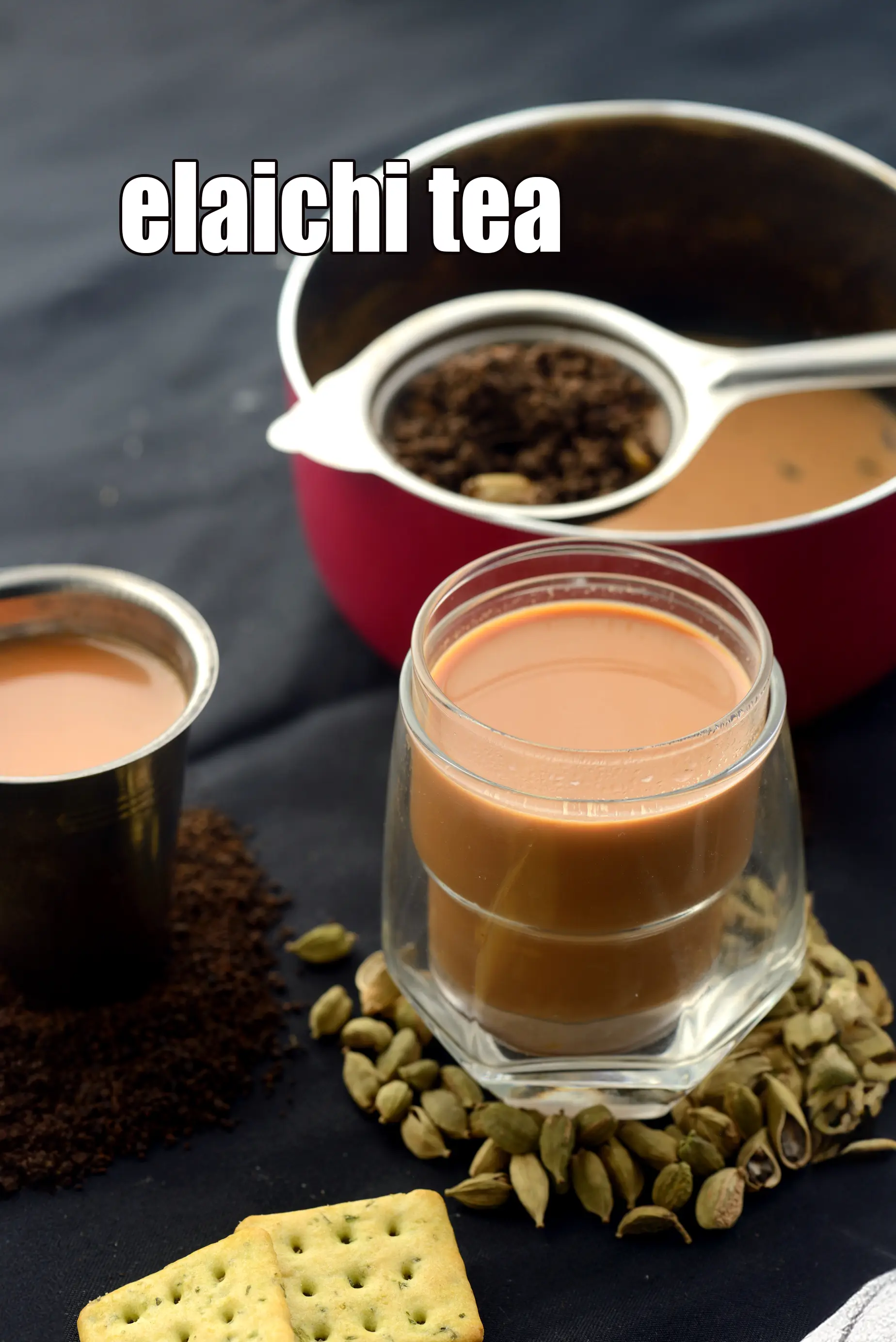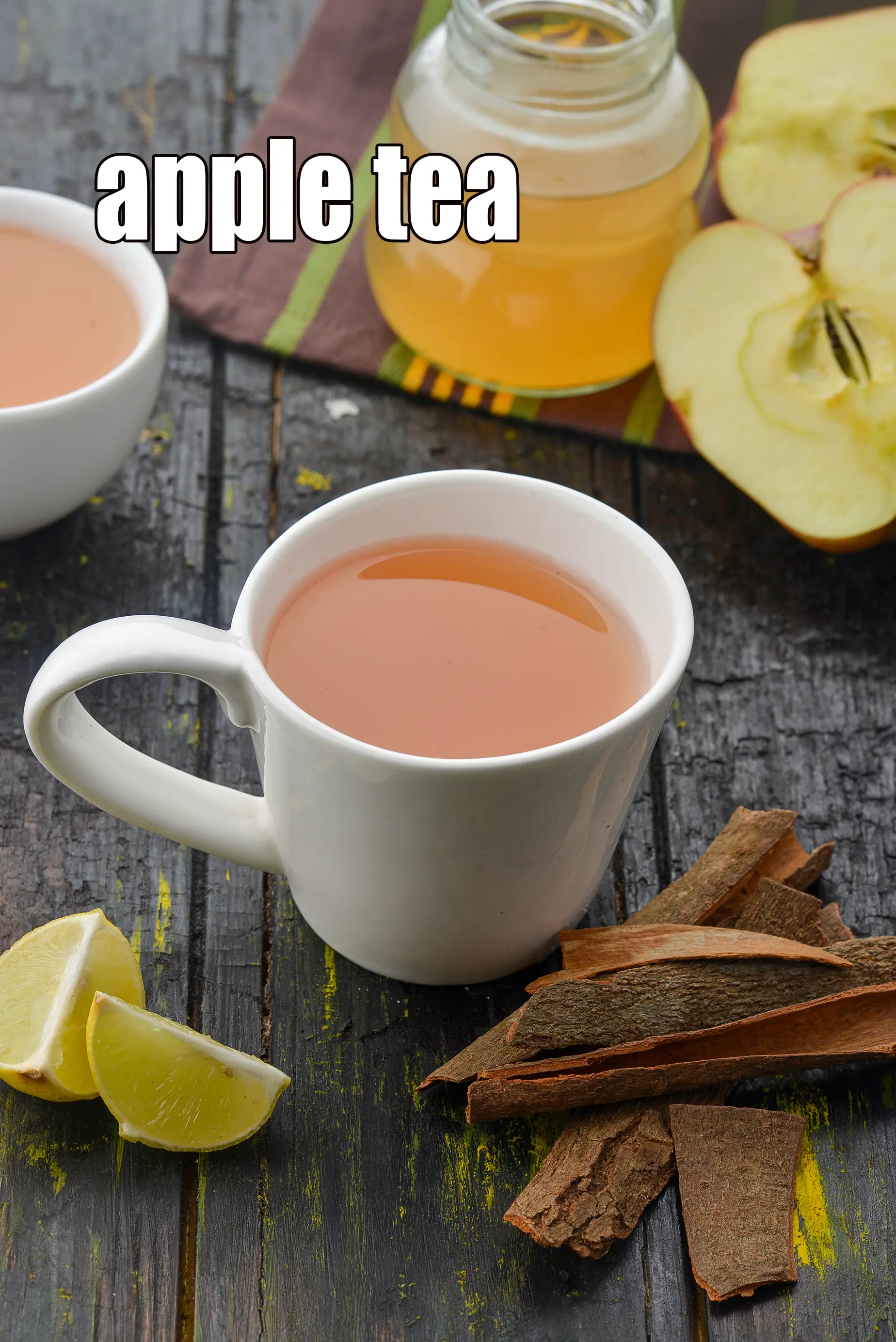Nutritional Facts of Broccoli Onion Soup ( Calcium Rich), Calories in Broccoli Onion Soup ( Calcium Rich)
This calorie page has been viewed 26277 times
Table of Content
How many calories does one serving of Broccoli Onion Soup have?
One serving of Broccoli Onion Soup gives 94 calories. Out of which carbohydrates comprise 29 calories, proteins account for 13 calories and remaining calories come from fat which is 53 calories. One serving of Broccoli Onion Soup provides about 5 percent of the total daily calorie requirement of a standard adult diet of 2,000 calories.
Broccoli Onion Soup serves 2.
94 calories for 1 serving of Broccoli Onion Soup (Calcium Rich), Cholesterol 8 mg, Carbohydrates 7.3g, Protein 3.4g, Fat 5.9g. Find how much fibre, iron, calcium, zinc, magnesium, phosphorus, sodium, potassium, folic acid is present in Broccoli Soup (Calcium Rich).
See broccoli onion soup recipe | pureed Indian broccoli soup | calcium rich broccoli soup | with 19 amazing images.
broccoli onion soup recipe | pureed Indian broccoli soup | calcium rich broccoli soup is a wholesome fare with simple flavours to please your palate. Learn how to make pureed Indian broccoli soup.
Broccoli is an all-in-one ingredient, which is a good source of nutrients like protein, folic acid, vitamin Aand vitamin C, along with calcium too. The interesting veggie has a unique taste and texture, which is really pleasing to the palate. Once you develop a taste for it, you will want to keep having it often in some form or the other. And, what better way to consume this amazing veggie than in the form of a satiating and comforting pureed Indian broccoli soup.
Is Broccoli Onion Soup healthy?
Yes, this is healthy. But restrictions apply to some.
Let's understand the Ingredients.
What's good.
1. Broccoli : Broccoli is loaded with beta-carotene which converts to Vitamin A once it is inside the body. Vitamin A plays a critical role in maintaining healthy vision. It is a good source of Vitamin C which boosts the immune system and fights off cancers, heart disease and protects the body from free radical damage. Broccoli is a good source of folate and good for pregnant women. See here for 13 amazing benefits of broccoli.
2. Onions (pyaz, kanda) : Raw onions are a very valuable source of vitamin C – the immune building vitamin. Along with other phytonutrients from onions, it helps to build WBC (white blood cells) which serves as a line of defence against illness. Yes, it’s a source of many antioxidants, the most important one amongst them being Quercetin. The quercetin which promotes production of HDL (good cholesterol) and lowers total cholesterol in the body. The sulphur in onions act as a blood thinner and prevents blood clotting too. This in turn would lower blood pressure and good for heart, diabetics. Read the benefits of onions.
3.Milk and Low Fat Milk : 1 cup of milk provides 70% of the Recommended Daily Allowance of Calcium. Milk promotes strong bones. The Calcium in Milk helps to protect your teeth against gum disease and keeps your jaw bone strong and healthy. Milk is low in carbs and therefore does not raise blood glucose levels. However diabetics must consider including low fat milk as advised by their dietitian only so as to avoid any fluctuations in blood sugar levels. Protein is another key nutrient which milk is rich in - 8.6 g from a cup. So all those looking to build protein stores can add milk and its products like curd and paneer to their diet. One cup of Milk gives 10 grams of carbs. Low fat milk has lower fat and the same benefits of milk.
Olive Oil, Extra Virgin Olive oil : Olive oil is a strong antioxidant and good for heart. Also it has anti inflammation properties. This is one of the healthiest oil you can opt for. It has around 77% of MUFA. Olive oil, especially the extra virgin olive oil, is unrefined oil in its natural state and free of chemicals. Moreover, olive oil also possesses polyphenols – a type of antioxidant which protects body cells and maintains heart health as well. Popular in Mediterranean cooking, this oil works best for salad dressings or quick sautéing recipes. They cannot be used for prolonged cooking at high temperatures. Note that it's fat at the end of the day so don't consume too much. Read the super article of which oil is the healthiest, avoid vegetable oil.
Can diabetics, heart patients and overweight individuals have Broccoli Onion Soup?
Yes, this recipe is good for diabetics, heart and weight loss BUT use low fat milk in the recipe. Broccoli is loaded with beta-carotene which converts to Vitamin A once it is inside the body. Vitamin A plays a critical role in maintaining healthy vision. It is a good source of Vitamin C which boosts the immune system and fights off cancers, heart disease and protects the body from free radical damage.
Can healthy individuals have Broccoli Onion Soup?
Yes.
Broccoli Onion Soup is high in
Calcium. See Calcium rich recipes : Calcium is a mineral that makes bones stay strong. See our list of calcium rich Indian foods. Dairy products: Like milk, curds, cheese, paneer and buttermilk. Green leafy vegetables like spinach, fenugreek, broccoli. Nuts ( almonds, peanuts, walnuts) and ragi. Required from kids to adults. 24% of RDA.
| Energy | 94 cal |
| Protein | 3.4 g |
| Carbohydrates | 7.3 g |
| Fiber | 0.6 g |
| Fat | 5.9 g |
| Cholesterol | 8 mg |
| Vitamin A | 730.2 mcg |
| Vitamin B1 | 0.1 mg |
| Vitamin B2 | 0.1 mg |
| Vitamin B3 | 0.3 mg |
| Vitamin C | 27.5 mg |
| Folic Acid | 19.3 mcg |
| Calcium | 143.4 mg |
| Iron | 0.5 mg |
| Magnesium | 14.8 mg |
| Phosphorus | 105.7 mg |
| Sodium | 13.5 mg |
| Potassium | 156.4 mg |
| Zinc | 0.3 mg |
-16258.webp)
Click here to view Broccoli Onion Soup ( Calcium Rich)
Calories in other related recipes

